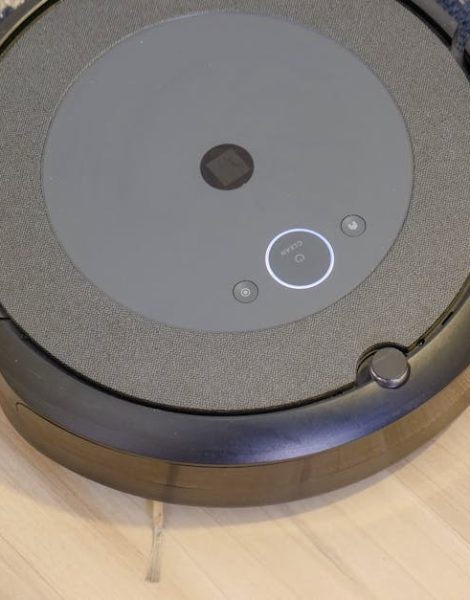In recent years, the concept of smart homes has transitioned from futuristic dreams to everyday reality. With the rise of advanced technologies and a growing emphasis on efficiency, smart homes are changing the way we live, work, and interact with our environment. But how exactly do these intelligent systems contribute to our overall efficiency? Let’s dive into the world of smart homes and explore the transformative impact they have on our daily lives.
Understanding Smart Homes
A smart home integrates various devices and systems that can be remotely controlled and monitored, often through a central hub or smartphone application. These technologies range from smart thermostats and lighting systems to security devices and kitchen appliances. Here are some key components of a smart home:
- Smart Thermostats: Devices like the Nest Thermostat allow homeowners to optimize heating and cooling based on their routines.
- Smart Lighting: Lighting systems can be automated to adjust with natural light and occupancy, reducing energy waste.
- Smart Security: Systems like Ring doorbells provide real-time surveillance and alerts, enhancing home safety.
- Smart Appliances: Refrigerators, ovens, and even coffee makers can be controlled remotely, improving convenience and efficiency.
The Efficiency Boost of Smart Homes
Smart homes significantly enhance our efficiency in various ways. Here are some notable benefits:
1. Energy Savings
By automating energy use, smart homes help reduce electricity bills. For example:
- Adaptive Heating/Cooling: Smart thermostats learn your schedule and automatically adjust temperatures, ensuring your home is only heated or cooled when necessary.
- LED Lighting Automation: Smart lights can turn off when a room is unoccupied, cutting down on wasted energy.
2. Time Management
Smart home integration allows for tasks to be scheduled and automated, freeing up time for homeowners. Consider these functionalities:
- Voice-Activated Assistants: Devices like Amazon Alexa can manage to-do lists, set reminders, and even order groceries.
- Automated Cleaning: Robot vacuums can be programmed to clean floors without any manual effort, allowing you to focus on other tasks.
3. Enhanced Security and Peace of Mind
With smart security systems, homeowners can monitor their properties from anywhere, adding an extra layer of security. Features include:
- Remote Monitoring: View live feeds from cameras on your smartphone.
- Alerts and Notifications: Receive push notifications about unusual activity or package deliveries.
The Future of Smart Homes
The future promises even more innovations in smart home technology. As the Internet of Things (IoT) continues to expand, new devices will emerge, offering increased capabilities and integrations. Anticipated trends include:
- Enhanced AI Integration: More sophisticated artificial intelligence will provide predictive analytics, further automating and optimizing home environments.
- Improved Interconnectivity: Devices from various manufacturers will work seamlessly together, creating a more unified smart home experience.
Conclusion
Smart homes are revolutionizing the way we live by improving our efficiency, enhancing security, and saving time and resources. As technology continues to advance, homeowners can expect even more benefits from these integrated systems. Embracing the smart home trend not only makes daily living more comfortable but also positions you as part of a growing movement toward a more efficient and sustainable future.








